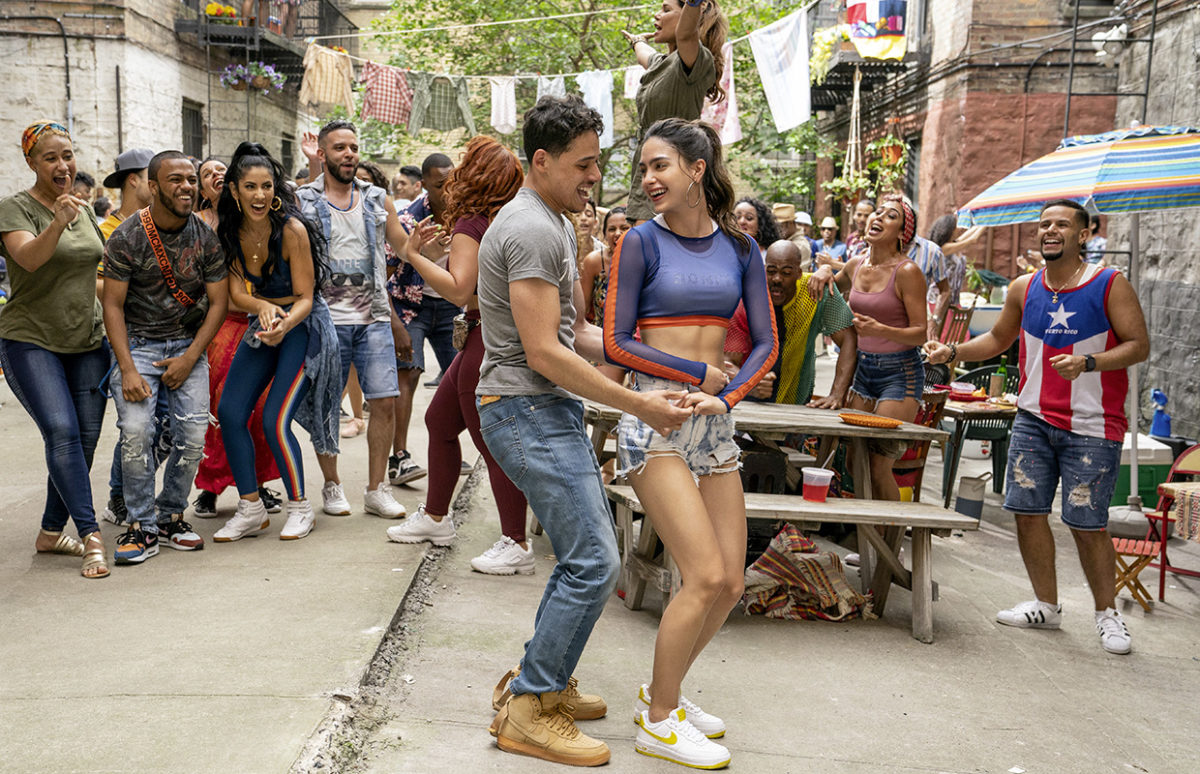
A musical about Latino communities in New York – it’s not Steven Spielberg’s long-awaited remake of West Side Story but In the Heights – by Hamilton creator Lin Manuel Miranda. It’s all singing, rapping and dancing and screams “summer”! It’s a feelgood story about a Manhattan neighbourhood threatened with gentrification, and the aspirations of the … Continue reading “Musical New York Taken to New Heights”
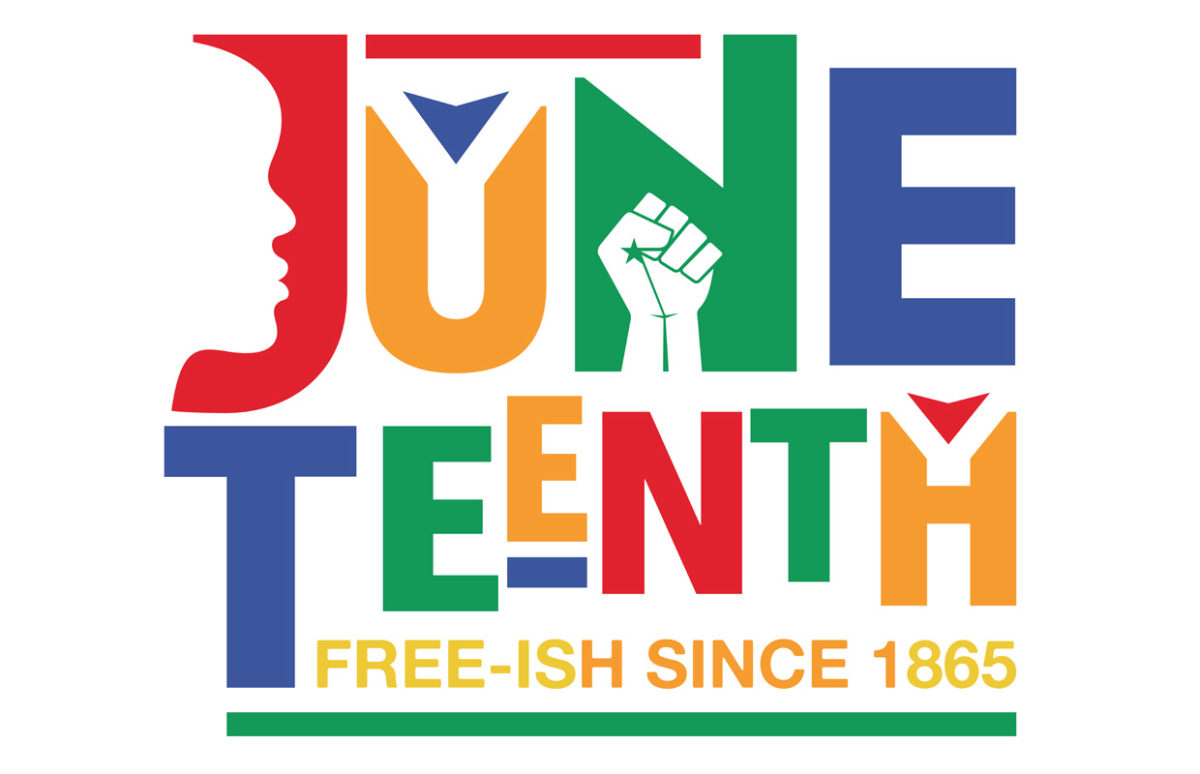
Juneteenth (19 June) marks the day when the most distant part of the United States received news of the end of slavery. On 19 June 1865, the enslaved people of Galveston, Texas finally discovered that Abraham Lincoln’s Emancipation Proclamation had actually freed them two-and-a-half years earlier. As of 17 June 2021, it will be a … Continue reading “Juneteenth Becomes a Federal Holiday”
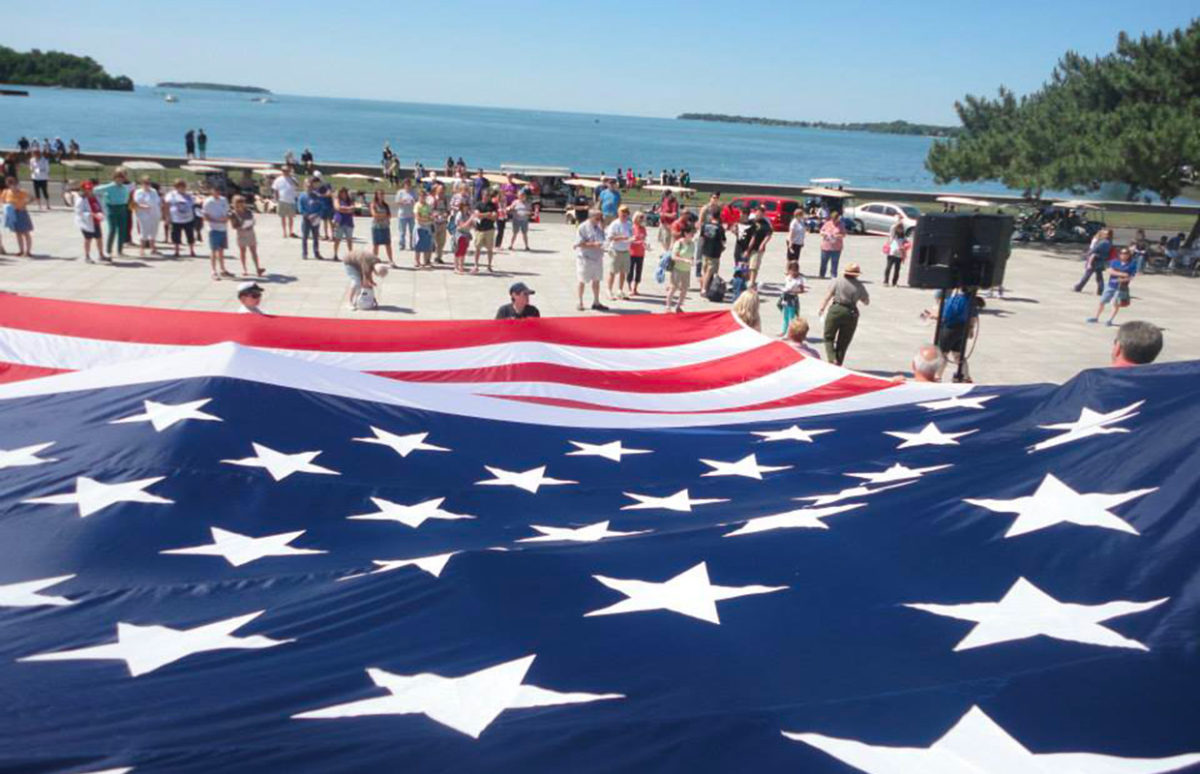
14 June every year is Flag Day in the United States. It commemorates the date in 1777 when the United States approved the design for its first national flag, a version of the familiar red, white and blue “Stars and Stripes” that survives today. On June 14, 1777, future President John Adams discussed the flag … Continue reading “Raise the Flag”
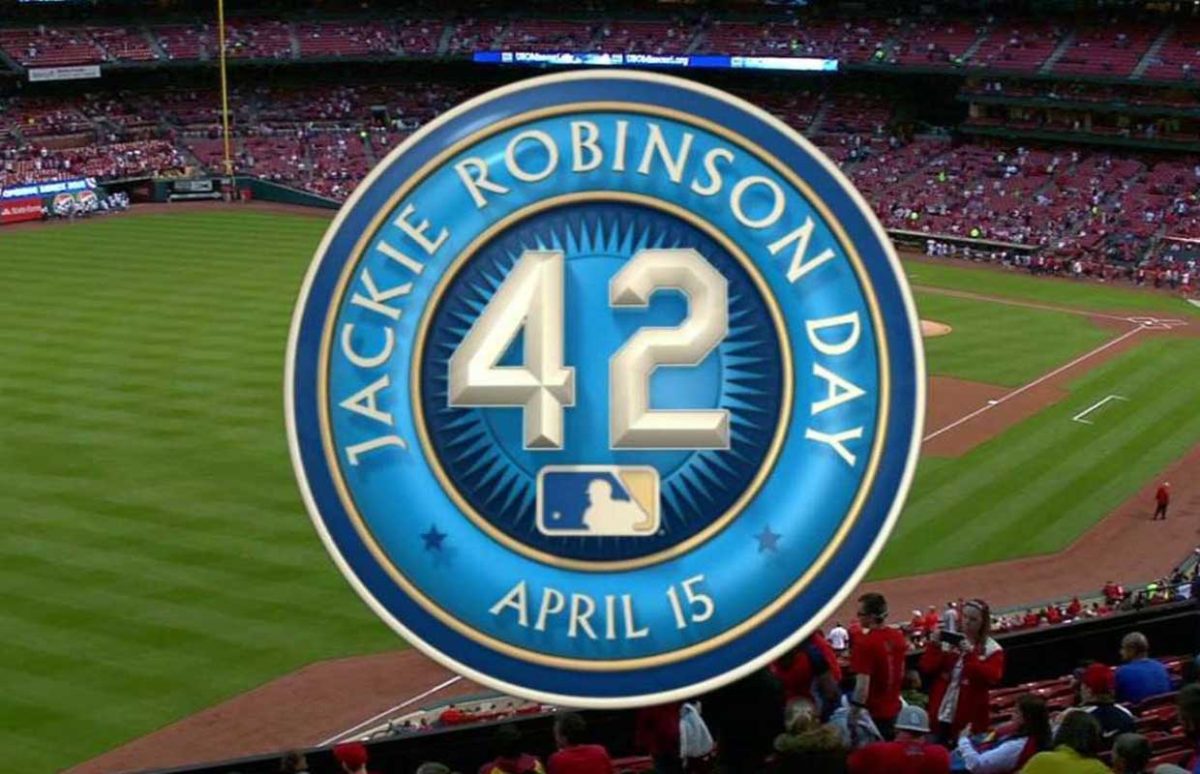
On 15 April every year, all professional baseball teams in America celebrate Jackie Robinson Day, in honour of the player who “broke the color bar”, becoming the first African-American player in Major League Baseball. In post-WWII U.S.A., professional baseball, like so many other things, was segregated. African-Americans could only play in the Negro Leagues, not … Continue reading “Celebrating Jackie Robinson Day”

The American Library in Paris is continuing to run “evening with an author” events despite the curfew. And the advantage is you can tune in for free from anywhere, and there’s no limit on numbers. On 16 February, it will feature an interview with Pulitzer-prizewinning historian Fredrik Logevall on his biography of John Fitzgerald Kennedy. … Continue reading “Online Talk About President Kennedy”
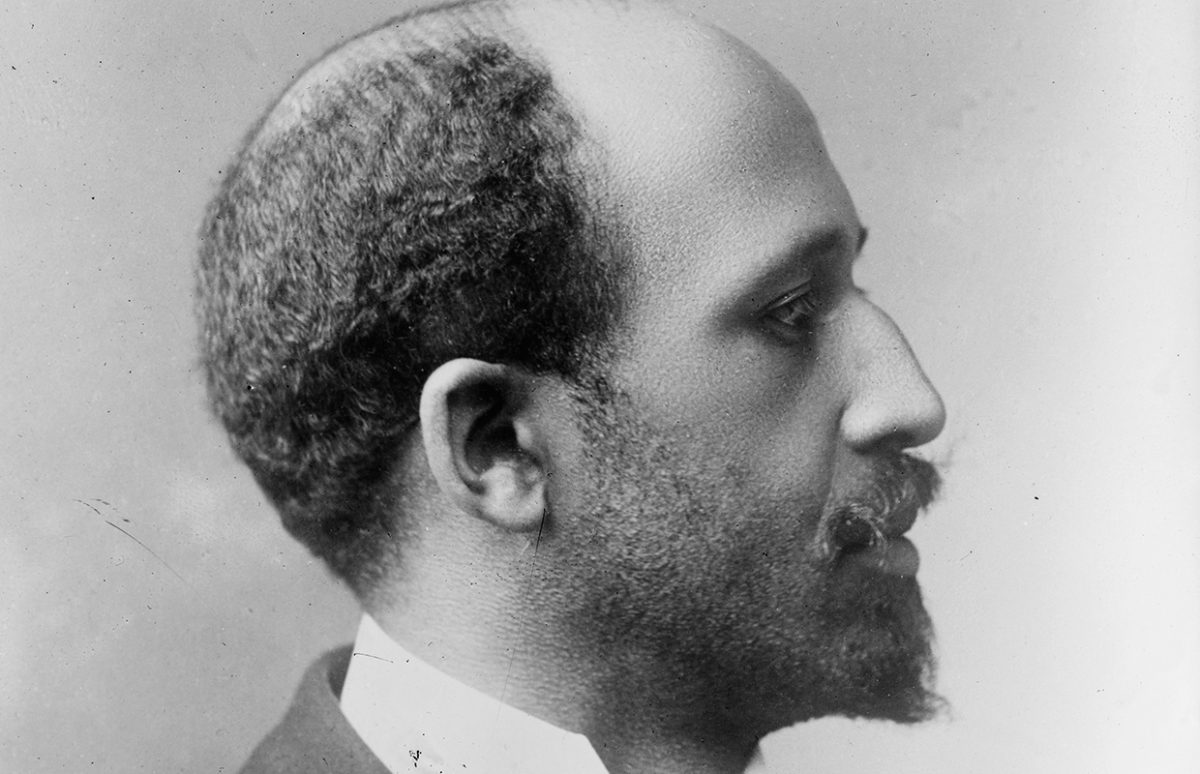
This selection of sites and videos is useful for classes on African American history and culture, particularly the civil-rights movement and the Harlem Renaissance America’s Library is a minisite from the Library of Congress written for native-speaking children. It’s very simple and clear. It has sections about WEB Dubois (see our article on the Color … Continue reading “African American History on the Web”

The line-up for the Biden-Harris Presidential Inauguration includes an extraordinary young poet. Andrea Gorman was named the country’s inaugural National Youth Poet Laureate in 2017, at just 18. The Inauguration swearing-in ceremony traditionally includes a religious invocation and blessing, given by Father Leo J. O’Donovan and Reverend Dr. Silvester Beaman, a recitation of the Pledge … Continue reading “Presidential Poet”
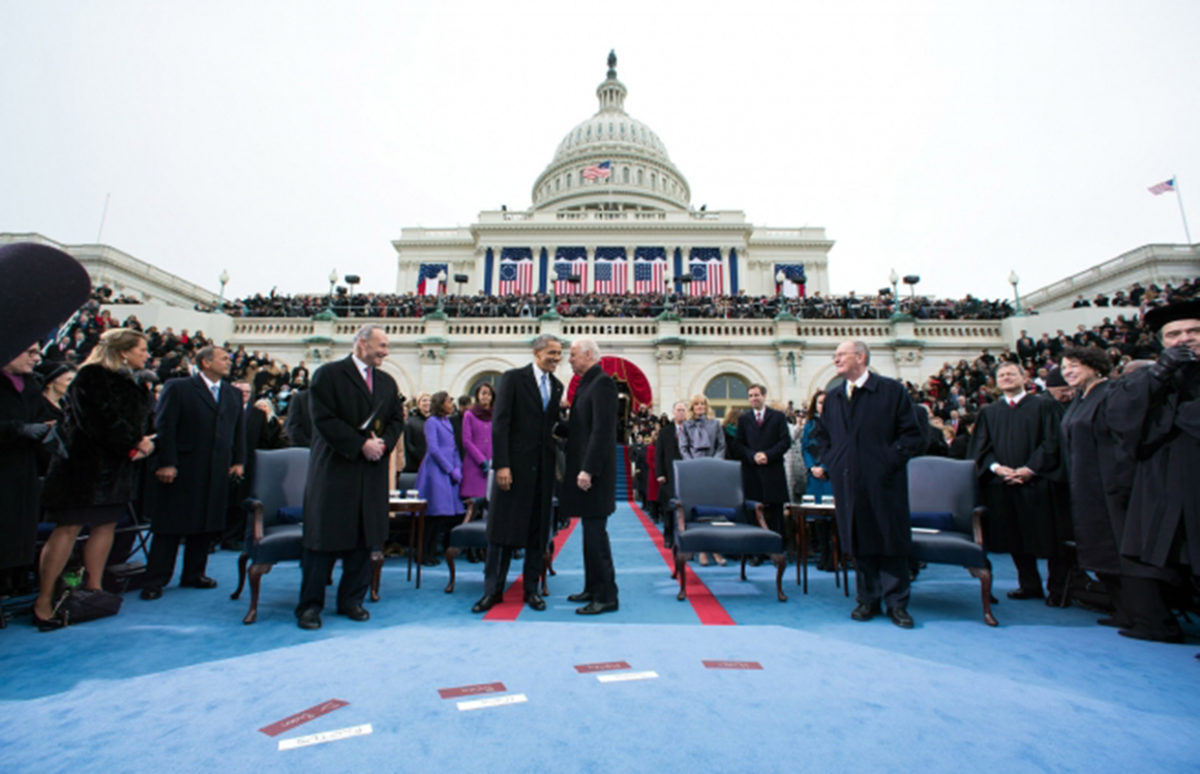
Assuming that anything happens as planned in this extraordinary election campaign, Joe Biden will be sworn in as the 46th President of the United States, and Kamala Harris as Vice-President, on Inauguration Day, 20 January, 2021. The ceremony and traditional celebrations that follow will be much smaller than in previous years because of the coronavirus … Continue reading “Inauguration Day”
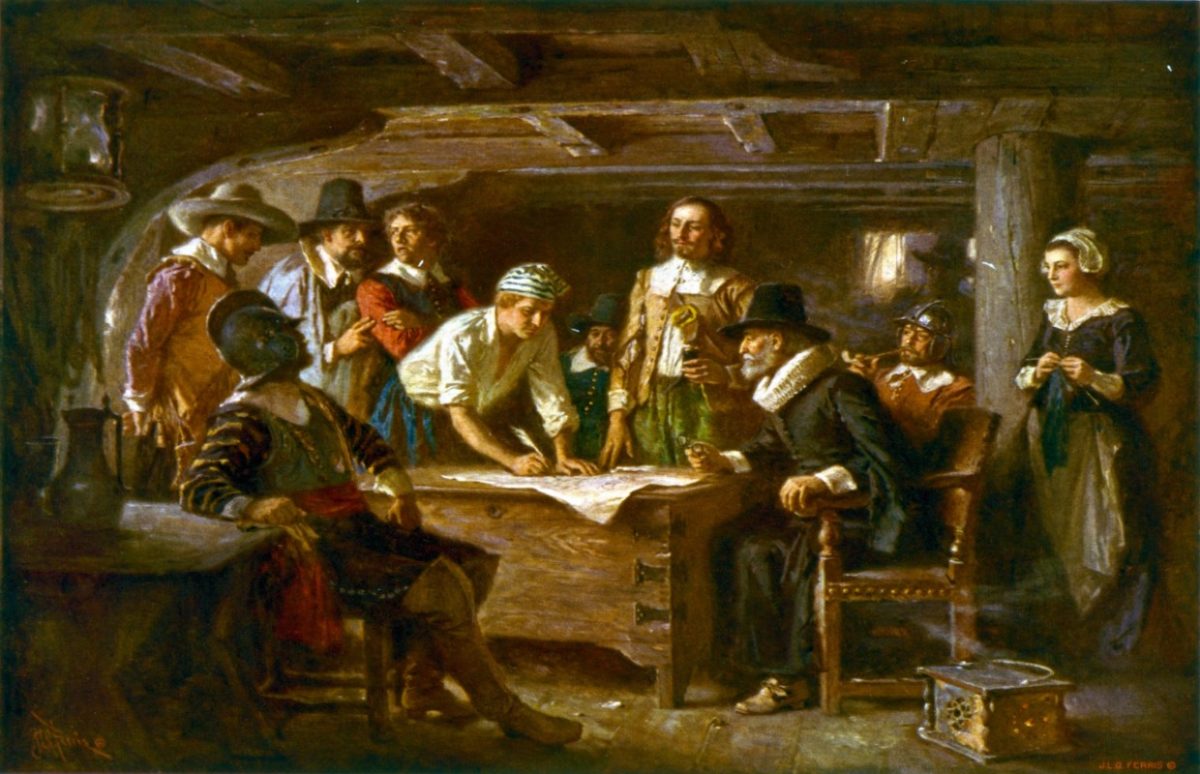
On 16 September 1620, a ship set sail from Plymouth, England on a voyage that became part of the foundation myth of the U.S.A. The Mayflower carried Puritan religious dissenters called the Pilgrims and the colony they founded in Plymouth, Massachusetts has taken on mythical status. Plymouth wasn’t the first British settlement in the future … Continue reading “The Voyage of the Mayflower”
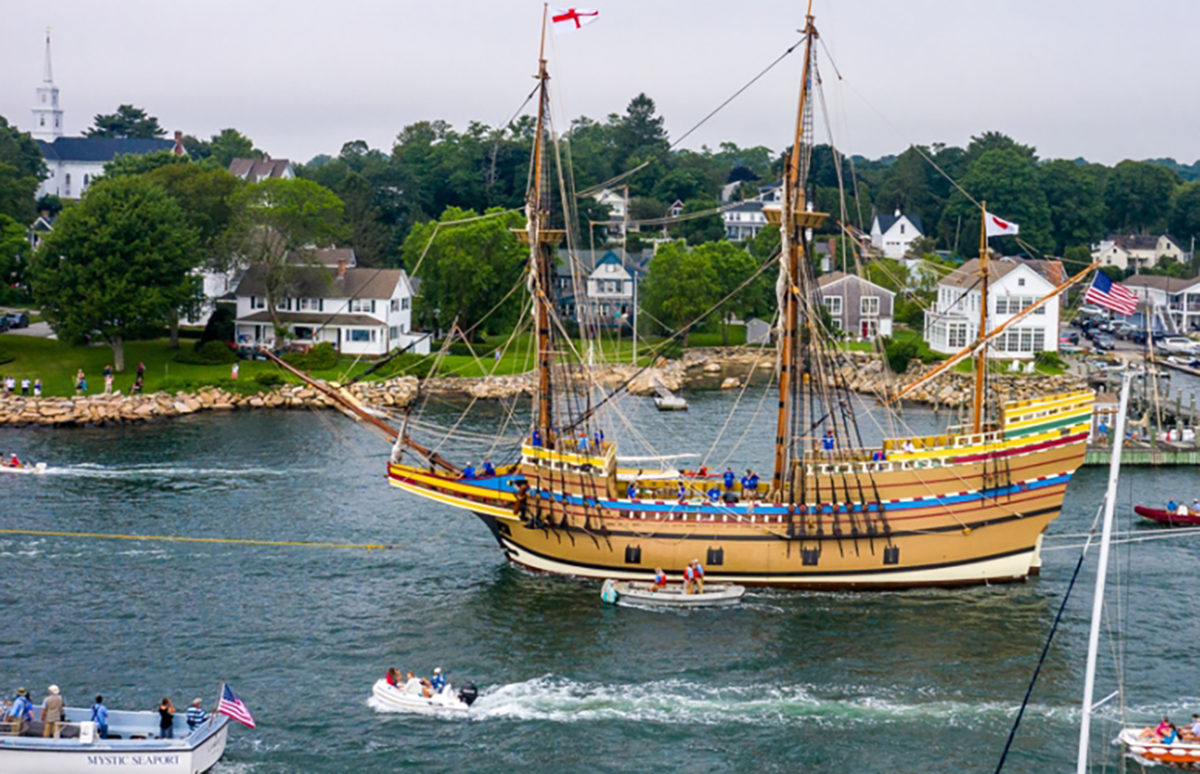
Four hundred years ago, on 16 September 1620, the Mayflower set sail from England, carrying the Pilgrim Fathers (and Mothers!) to found the first permanent British colony in North America. This A1+ article gives very basic information, to allow young learners to start building up a cultural competence about the founding of the U.S.A., Puritans … Continue reading “The Mayflower 400 Years On”














